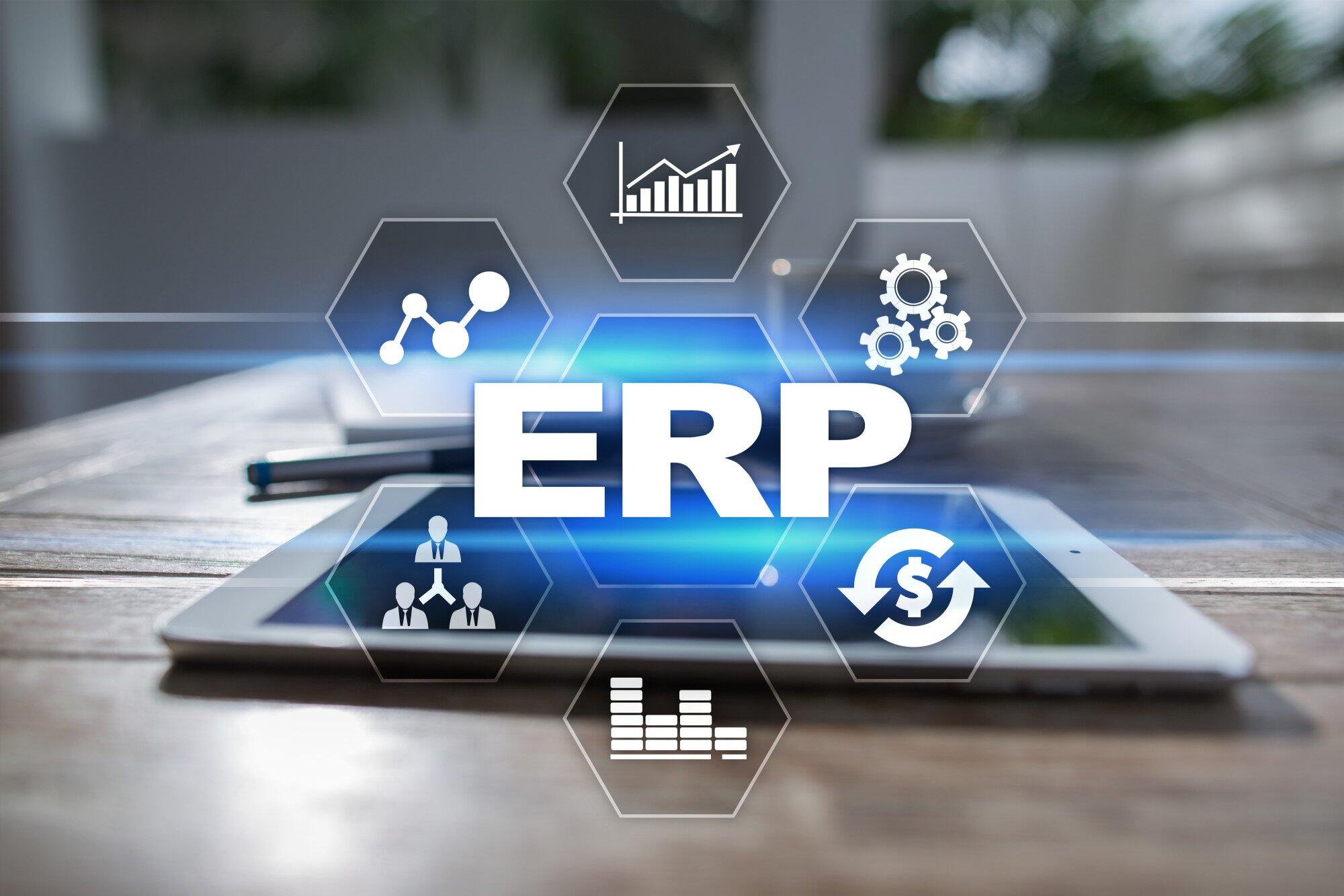
Managing resources and mastering the art of lead generation is very important to stay ahead in business. ERP systems can help with this by making operations smoother and more productive. But, they can also help with lead generation if implemented with good strategies.
Here are some ways to make the most of ERP implementation strategies for lead generation. Let’s get started!
CRM and ERP Integration
Linking CRM and ERP systems can be great for lead generation. It gives businesses a complete view of their customers. This helps them to:
- create personalized marketing campaigns
- quick customer service
- better sales strategies
Combined systems ensure that the sales team has real-time access to inventory and order information, which helps them respond to customers more effectively and convert more leads into sales.
Enhanced Data Analysis
ERP systems with strong analytics can analyze lots of data. This helps to uncover trends and patterns that are hard to see. This is by studying:
- customer behavior
- purchase histories
- market trends
With this, businesses can identify potential leads. This helps tailor their marketing efforts to target them more effectively. Predictive analytics can also forecast future market trends. So, businesses can prepare and position themselves advantageously.
Automation of Marketing and Sales Processes
Automation is an important feature of ERP systems that can enhance lead-generation tactics. Automating routine tasks helps eliminate human errors. It frees up the marketing and sales teams. This is to focus on engaging with potential leads and nurturing relationships.
This ranges from automated email campaigns to lead nurturing workflows. ERP systems can help ensure no lead falls through the cracks. Make sure to check out SmithDigital ERP solutions for more information on how automation can benefit your business.
Improved Customer Service
Good customer service is very important. This helps turn leads into loyal customers. ERP systems enhance workflow efficiency. This ensures that customer inquiries, orders, and complaints are handled.
By providing a positive customer experience, businesses can not only convert leads into sales. It also encourages referrals. This helps expand their lead generation potential through word-of-mouth.
Social Media Integration
Social media platforms are valuable tools for lead generation. Many ERP systems offer integrations with social media. This allows businesses to track and analyze social media engagement and effectiveness.
Understand which platforms generate the most leads. Research what content resonates with the audience. With this, companies can refine their social media strategies. This helps maximize lead generation.
Mobile Accessibility
ERP systems foster mobile accessibility. This ensures that sales and marketing teams can access important information. They can perform tasks on the go. This flexibility lets them respond to leads quickly. They can capitalize on opportunities before competitors, maximizing lead generation.
With this, businesses can make the most of ERP systems. This is especially true for lead generation. This can help drive growth and profitability, while also giving companies a competitive edge in the search for leads and market dominance.
Maximize Lead Generation with Effective ERP Implementation Strategies Today
In conclusion, ERP systems can be a powerful tool for businesses. This is true for those looking to maximize lead generation. This is by implementing effective strategies such as utilizing data management and analysis. This also involves integrating platforms and automating processes.
With this, businesses can see significant improvements in their lead generation efforts. So, don’t miss out on tapping into these advantages! Start with ERP implementation strategies for your business today!
Did you find this article helpful? Check out the rest of our blogs!




